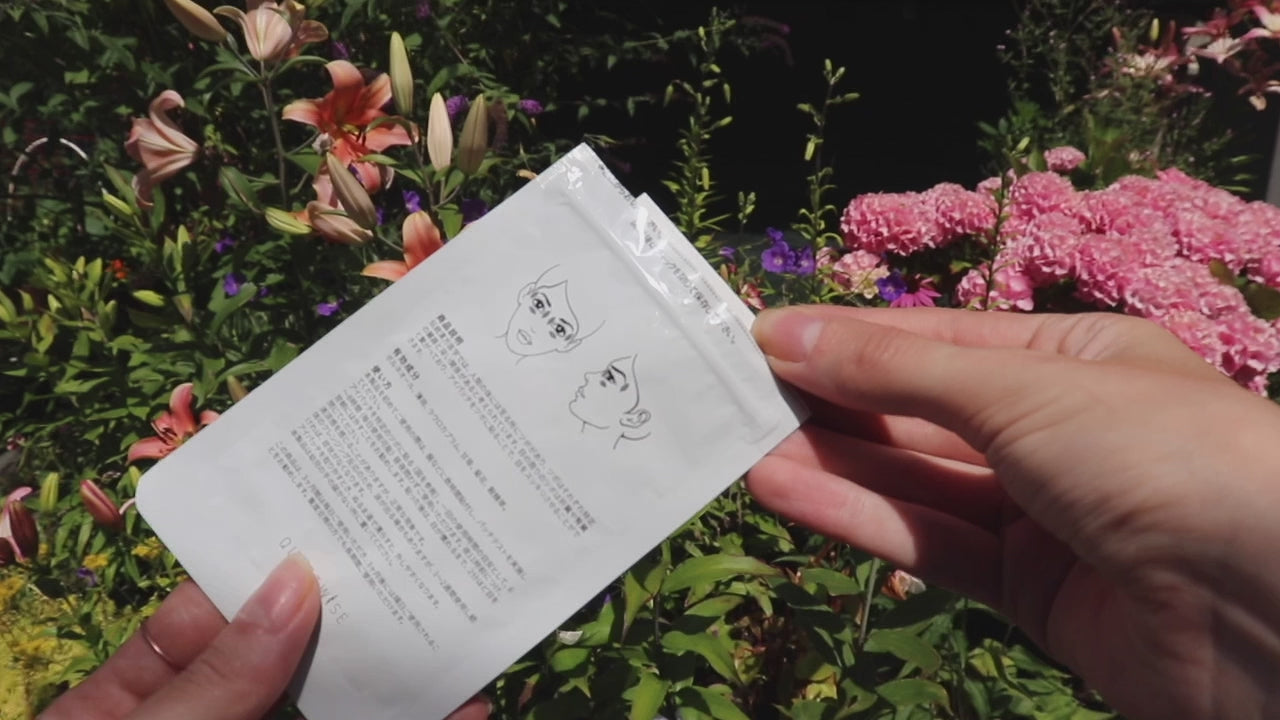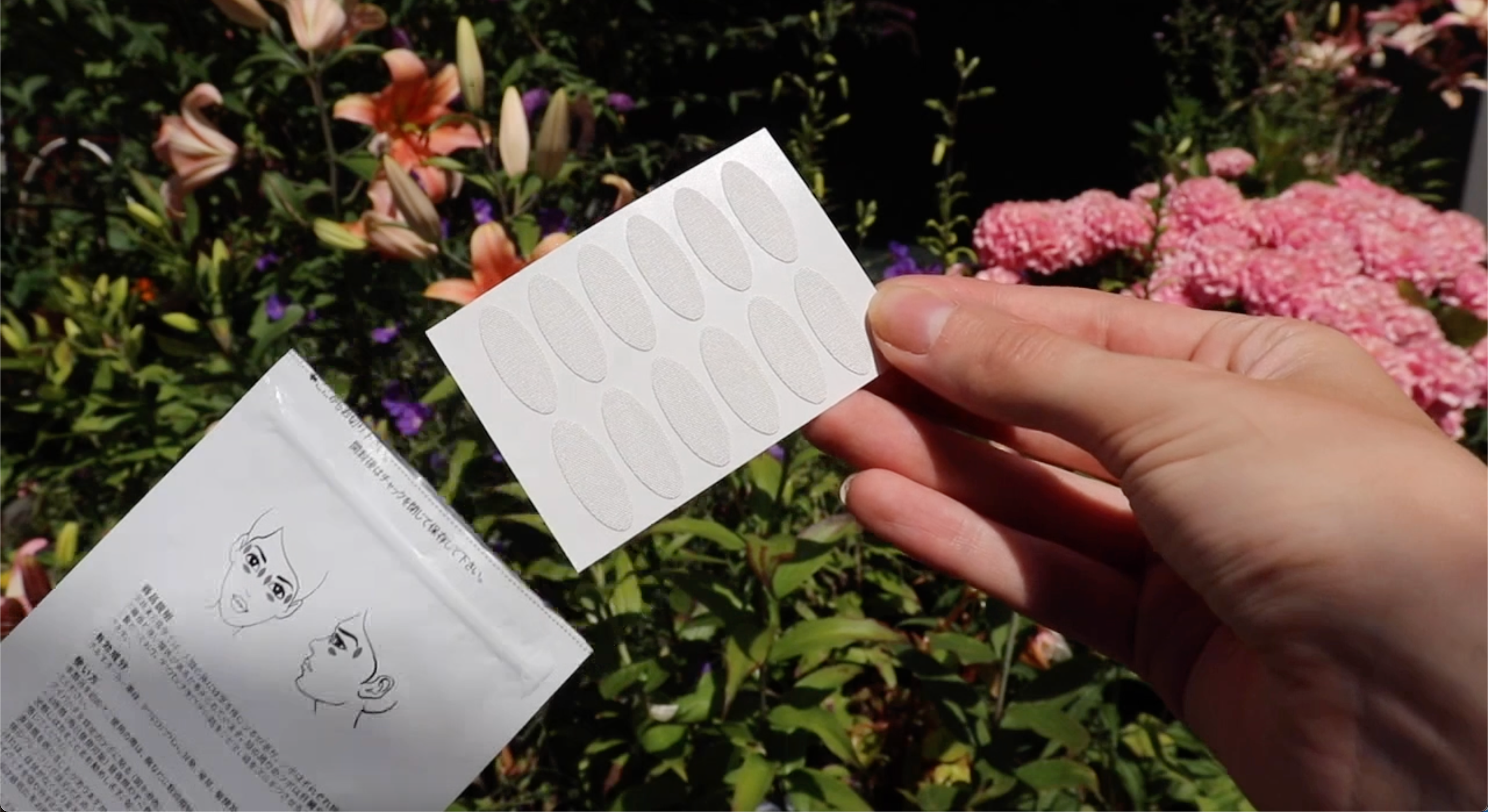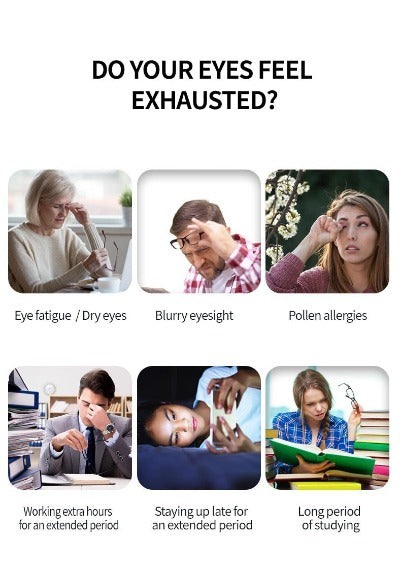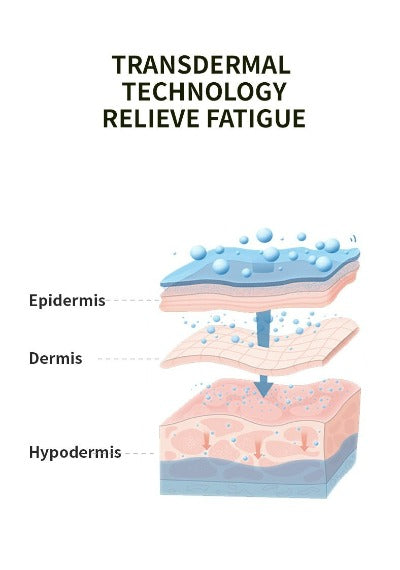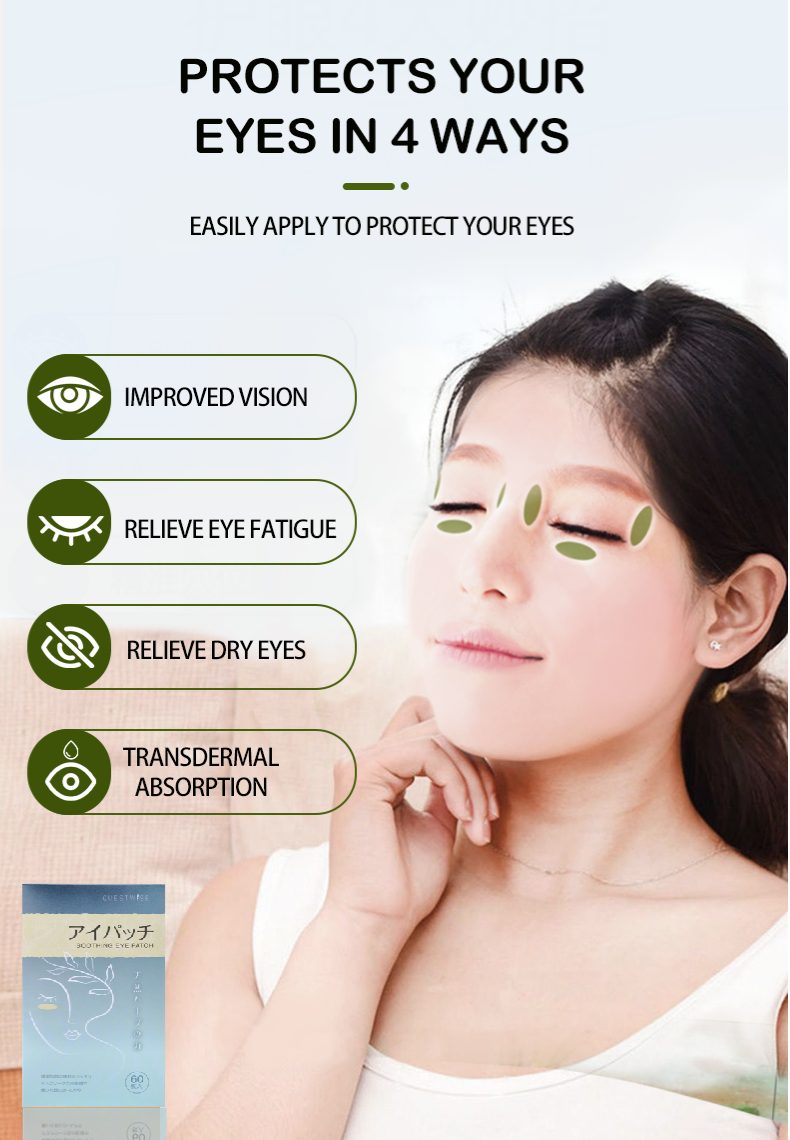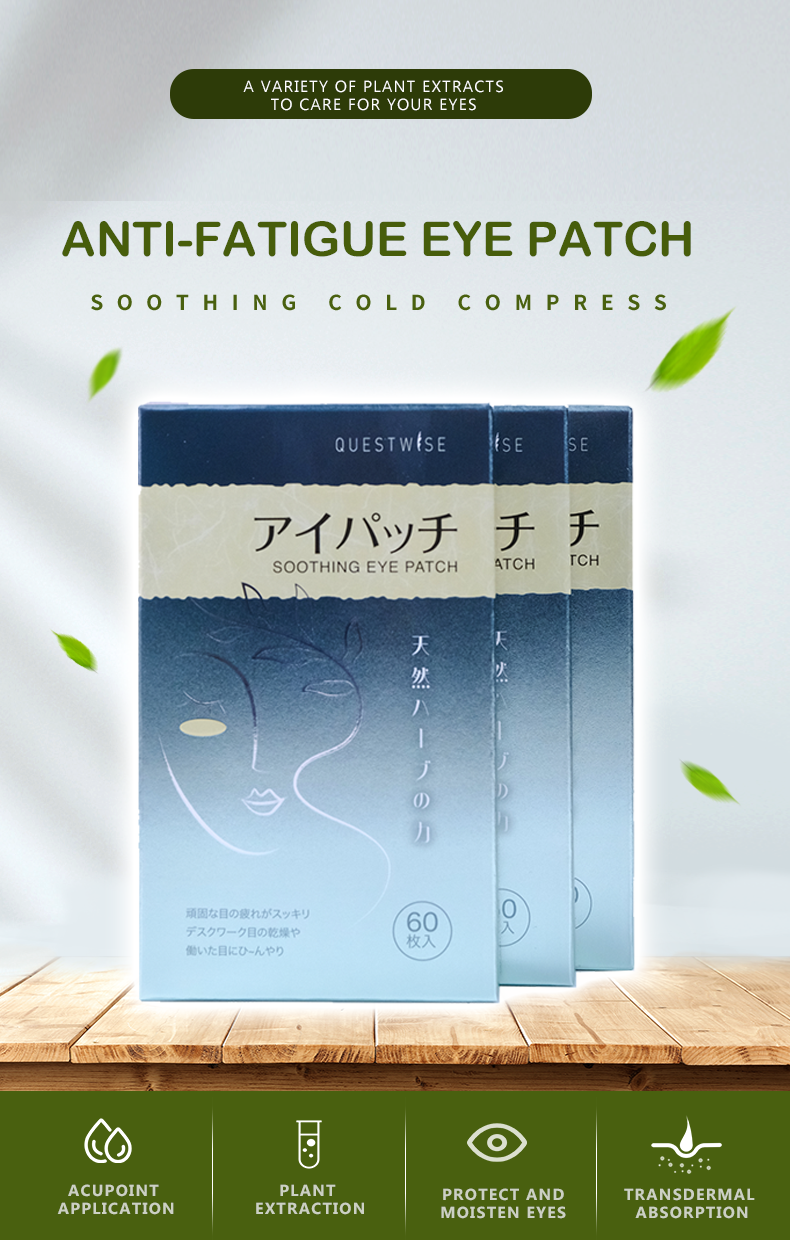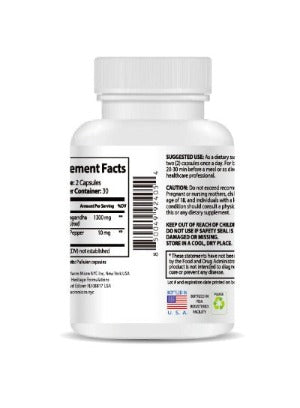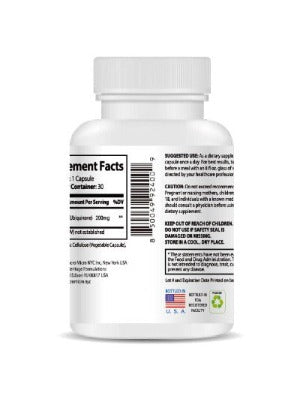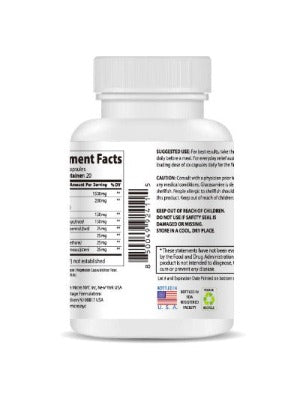Seasonal Allergies: Understanding the Impact on Your Eyes
Seasonal allergies, also known as allergic rhinitis, are a common affliction impacting millions worldwide. While many associate seasonal allergies with sneezing, runny noses, and congestion, the impact on your eyes is often equally significant, sometimes even more so. From the mild annoyance of itchy, watery eyes to the more severe discomfort of swollen eyelids and blurry vision, seasonal allergies can severely disrupt your daily life and significantly reduce your quality of life. Understanding the nuances of seasonal allergy eye symptoms and knowing when to seek professional help is crucial for effective management and maintaining your ocular health. This comprehensive guide will delve into the intricacies of seasonal allergies and your eyes, providing you with the knowledge to make informed decisions about your care.
The Science Behind Seasonal Allergy Eyes
Seasonal allergies occur when your immune system overreacts to harmless substances in the environment, such as pollen, dust mites, and pet dander. These substances, known as allergens, trigger the release of histamine and other inflammatory chemicals. This inflammatory response causes the characteristic symptoms of seasonal allergies, including the very common impact on your eyes. The eyes are particularly vulnerable because the conjunctiva, the thin membrane lining the inside of the eyelids and covering the white part of the eye, is highly sensitive and easily irritated by allergens. When allergens come into contact with the conjunctiva, the body's immune system responds, leading to the release of inflammatory chemicals and triggering the cascade of allergy symptoms.
Common Eye Allergy Symptoms: Recognizing the Signs
The symptoms of seasonal allergies affecting the eyes can vary in severity, ranging from mild irritation to severe discomfort. Common symptoms include:
- Itching: An intense itching sensation in and around the eyes is a hallmark symptom of eye allergies.
- Watery Eyes: Excessive tearing is the body's attempt to flush out the allergens, often leading to a constant stream of tears.
- Redness: Inflammation of the conjunctiva causes the whites of the eyes to appear red and bloodshot.
- Swelling: The eyelids can become swollen and puffy, particularly in the morning or after exposure to allergens.
- Burning or Stinging Sensation: A burning or stinging sensation in the eyes is a common complaint.
- Blurry Vision: In severe cases, excessive swelling or tearing can temporarily impair vision.
- Eye Discharge: A sticky or stringy discharge from the eyes can occur.
Understanding these symptoms is the first step towards effective management. Keeping a record of when your symptoms occur and their severity can be invaluable when discussing treatment options with your eye doctor.
When to See an Eye Doctor for Seasonal Allergy Eyes
While many mild eye allergy symptoms can be effectively managed at home with over-the-counter medications and home remedies, there are situations when seeking professional help from an ophthalmologist or optometrist is crucial. These instances include:
- Persistent Symptoms: If your eye allergy symptoms persist for more than two weeks despite using home remedies and over-the-counter medications, it's time to seek professional help. Your doctor can determine the underlying cause and recommend more effective treatment options.
- Severe Symptoms: Severe eye swelling, blurry vision, or significant pain warrant immediate medical attention. These symptoms could indicate a more serious condition than a simple allergy, requiring urgent medical intervention.
- Lack of Improvement with Home Remedies: If over-the-counter allergy medications and home remedies like cool compresses aren't providing relief, consulting an eye doctor is advisable. They may prescribe stronger medications or suggest alternative treatment strategies.
- Unusual Symptoms: The appearance of any unusual symptoms such as changes in vision, significant discomfort, or other concerning signs, necessitates immediate consultation with an eye care professional.
- Conjunctivitis: In some cases, eye allergies can lead to conjunctivitis (pinkeye). If you suspect this complication, it's imperative to consult an eye doctor.
Home Remedies and Management: Finding Relief
Before scheduling an appointment with your eye doctor, you can try several home remedies to alleviate your discomfort. These include:
- Cool Compresses: Applying cool compresses to your eyes can reduce swelling and inflammation.
- Artificial Tears: Using artificial tears can help lubricate your eyes and wash away allergens.
- Gentle Eye Cleansing: Gently rinsing your eyes with cool water can help remove irritants.
- Avoiding Allergens: Identify your specific allergens (e.g., pollen, pet dander) and minimize exposure whenever possible.
- Using Wise Quest Soothing Eye Patches: For soothing relief from eye fatigue, dryness, astringency, redness, and swelling, consider using these patches. They harness the power of traditional Chinese herbal medicine to promote healthy blood circulation and relieve eye discomfort.

Prevention and Long-Term Strategies: Protecting Your Eyes
While home remedies can provide temporary relief, long-term strategies are essential for managing seasonal allergies and protecting your eye health. These strategies include:
- Allergy Testing: Undergoing allergy testing can help identify your specific allergens, allowing you to take targeted preventative measures.
- Medication: Over-the-counter and prescription allergy medications, such as antihistamines and mast cell stabilizers, can effectively manage allergy symptoms.
- Immunotherapy: For severe allergies, immunotherapy (allergy shots) may be considered to desensitize your immune system to specific allergens.
- Lifestyle Modifications: Changes in lifestyle, such as staying indoors during peak pollen times, showering after being outdoors, and frequently changing bedding, can minimize exposure to allergens.
- Regular Eye Examinations: Regular check-ups with your eye doctor are essential for monitoring the health of your eyes and ensuring timely management of any issues that arise.
Conclusion: Prioritizing Your Eye Health
Seasonal allergies can significantly impact your eyes, causing a range of symptoms that affect your comfort, vision, and overall quality of life. Knowing when to seek professional help is vital. By recognizing the signs and symptoms of worsening allergies, implementing preventative measures, and consulting your eye doctor when needed, you can effectively manage your seasonal allergies and maintain optimal eye health. Remember, prioritizing your eye health is an investment in your well-being and ensures you can enjoy life to the fullest, free from the discomfort of seasonal allergy symptoms. Don't hesitate to reach out to your eye care professional for personalized advice and treatment, ensuring your eyes stay healthy and comfortable throughout the year.



